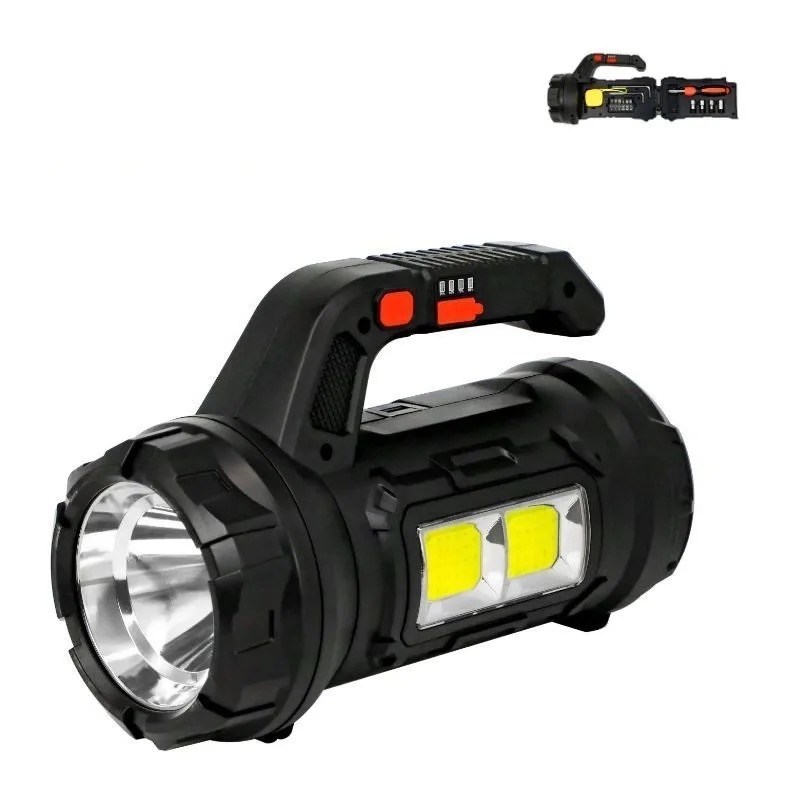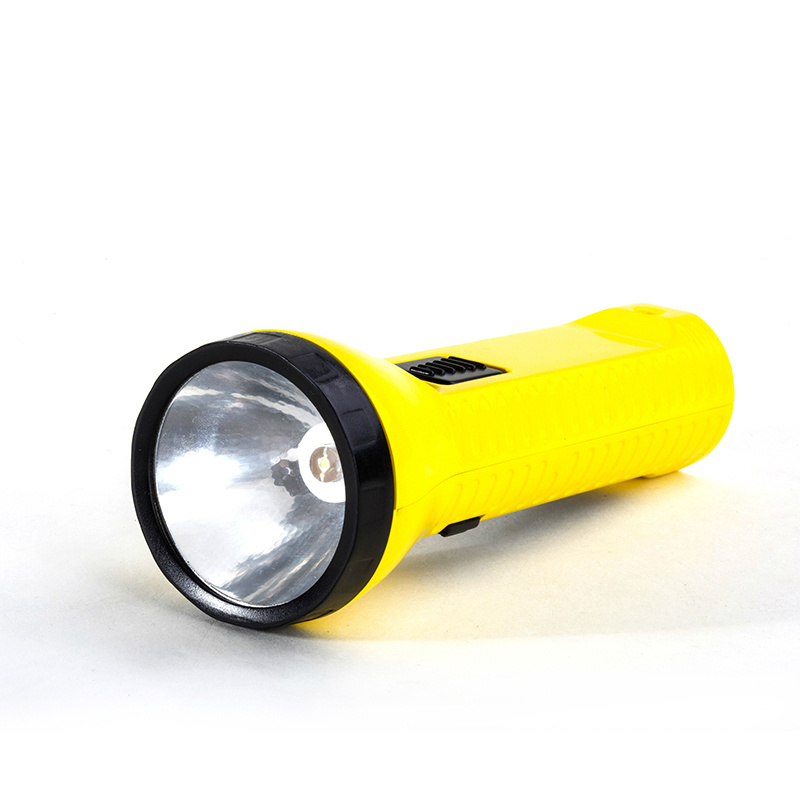Torch light are a convenient and essential tool for various activities such as camping, hiking, emergency situations, and outdoor evening events. However, if not used properly, torch lights can pose safety hazards. It is important to understand the safe and appropriate use of torch lights to prevent accidents and injuries. This article will delve into the various safety measures and tips for using torch lights.
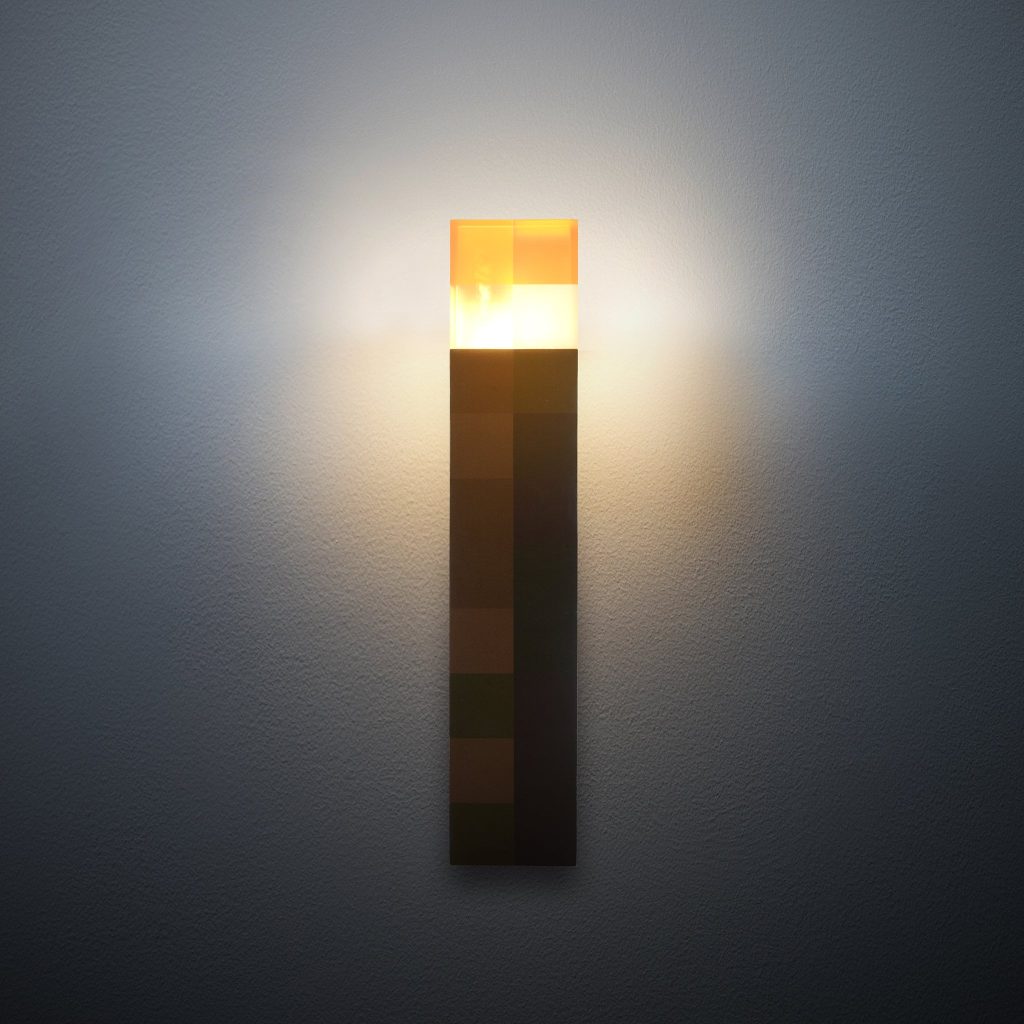
Choosing the Right Torch Light
Before discussing the safe use of torch lights, it is crucial to emphasize the importance of choosing the right torch light for your needs. There are different types of torch lights available in the market, with variations in size, battery type, strength of light, and durability. It is imperative to consider these factors and select a torch light that is well-suited for your specific requirements. Additionally, ensure that the torch light is of high quality and conforms to safety standards to avoid potential malfunctions.
Understanding Torch Light Safety
Torch lights generally operate using batteries, and as with any battery-powered device, there are risks associated with their use. It is essential to familiarize yourself with the safety guidelines provided by the manufacturer of the torch light. These guidelines often include information on battery handling, proper storage, and maintenance of the torch light.
Furthermore, it is crucial to understand the potential hazards associated with the use of torch lights. These hazards may include overheating, battery leakage, and exposure to hazardous materials if the torch light is damaged. By being aware of these risks, users can take necessary precautions to mitigate them and ensure safe use of the torch light.
Safe Use of Torch Lights
Battery Handling:
Always handle torch light batteries with care. Avoid exposing them to extreme temperatures, and ensure that they are inserted into the torch light in the correct orientation as indicated by the manufacturer. Do not mix old and new batteries, and replace all the batteries at the same time to prevent potential malfunctions.
Proper Storage:
When not in use, store the torch light in a cool, dry place to prevent damage to the batteries and the torch itself. Additionally, it is advisable to remove the batteries from the torch light if it will not be used for an extended period.
Maintenance:
Regularly inspect the torch lights for any signs of damage or corrosion, especially around the battery compartment. Clean the contacts and ensure that the micro-led lights is in good working condition before each use.
Overheating Prevention:
Torch lights can generate heat, especially if used continuously for an extended period. Be mindful of this and avoid prolonged use without allowing the torch to cool down periodically. Additionally, do not cover the torch lights when in use, as this could lead to overheating and potentially cause a fire hazard.
Avoiding Exposure to Water:
While some torch lights are designed to be waterproof or water-resistant, it is important to check the specifications of your torch lights and avoid exposing it to water if it is not intended for such use. Water exposure can lead to damage to the batteries and the internal components of the torch lights.
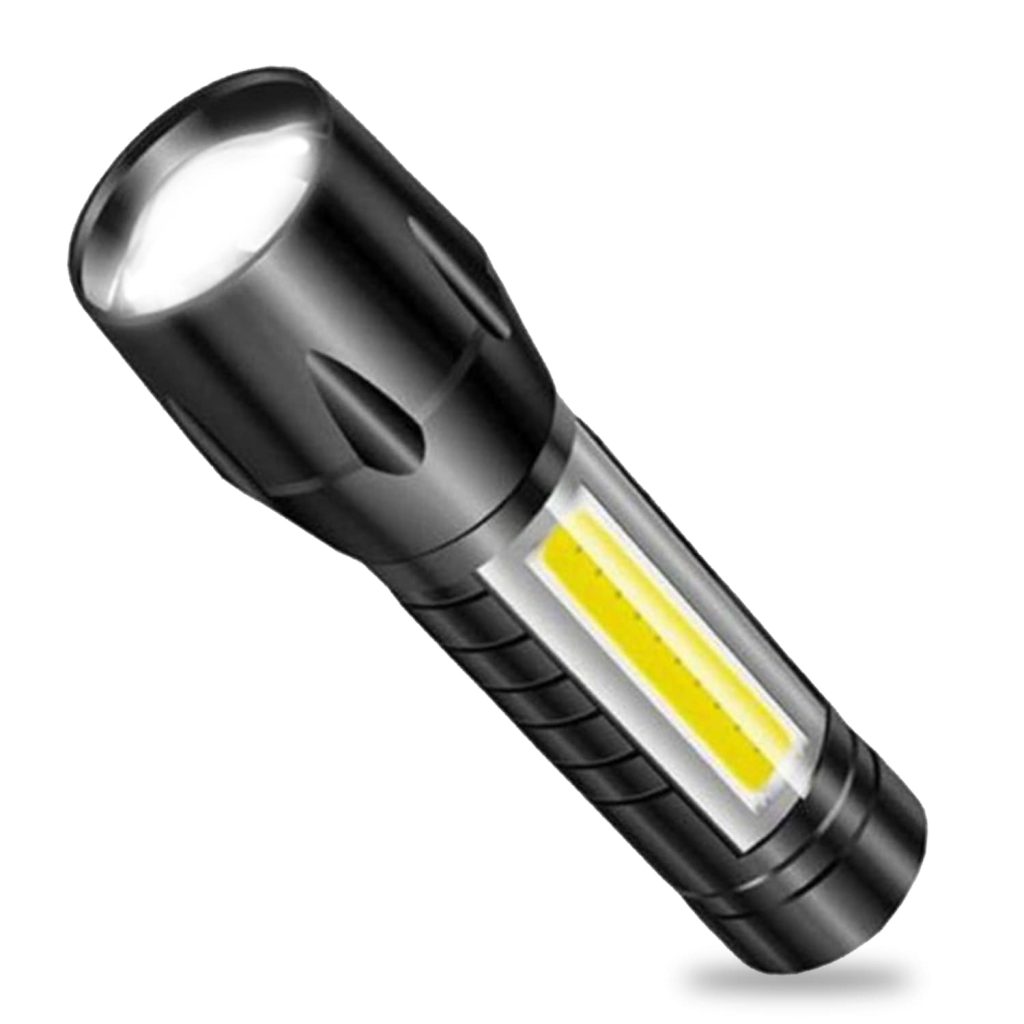
Safe Handling:
When using a torch light, ensure that it is held securely to prevent accidental drops. Dropping a torch light can result in damage to the light itself, as well as potential hazards if the batteries become dislodged or damaged.
Torch Light Maintenance Tips
Torch lights are essential tools for various activities such as camping, hiking, and emergencies. To ensure that your torch light stays in good working condition, it is vital to perform regular maintenance. Proper maintenance can extend the lifespan of your torch light and ensure that it is always ready to provide the light you need.
Clean the Exterior
One of the simplest maintenance tasks for your light bar is to regularly clean the exterior. Use a soft cloth or a cotton swab to wipe away any dirt, dust, or grime that may have accumulated on the surface. If the torchs light has been exposed to water or moisture, make sure to dry it thoroughly before cleaning to prevent any damage.
Check the Batteries
The batteries are the power source for your torch lights, so it is important to check them regularly. Replace the batteries as needed, and always make sure to remove them when the torch lights will not be used for an extended period. This will help to prevent corrosion and damage from leaking batteries.
Inspect the Bulb
The bulb is another critical component of the torch lights. Regularly inspect the bulb for any signs of damage or wear. If you notice any issues such as a flickering light or dimness, it may be time to replace the bulb. Keep spare bulbs on hand so that you can quickly replace them when needed.
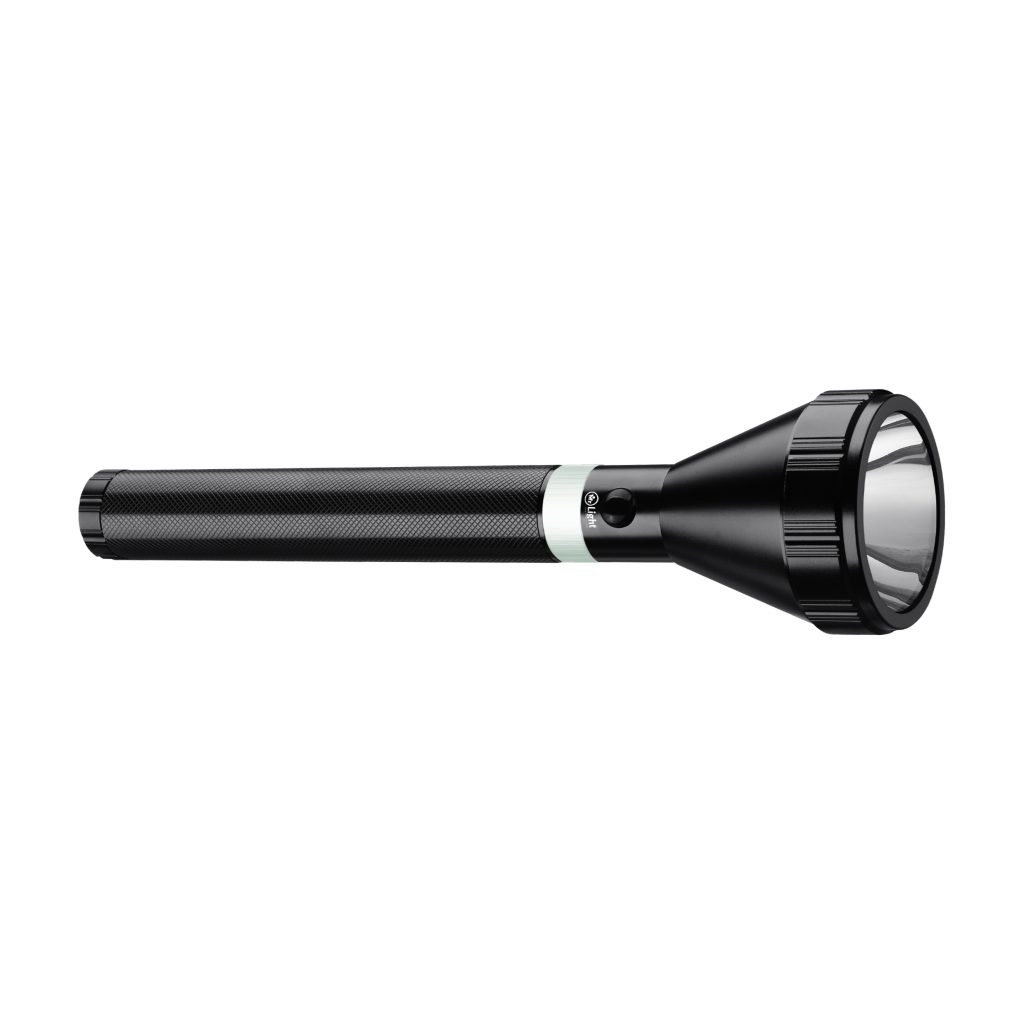
Lubricate Moving Parts
If your torch light has moving parts such as a switch or adjustable focus, it is important to keep these parts lubricated. Use a small amount of silicone lubricant or light machine oil to ensure that the moving parts operate smoothly. Be cautious not to over-lubricate, as this can attract dust and dirt.
Store Properly
When your torch light is not in use, it is essential to store it properly to prevent damage. Avoid storing the torch lights in extreme temperatures or humid environments. Use a dry and cool storage area, and consider using a protective case to prevent scratches and other damage.
Test Regularly
To make sure that your torch lights is always ready to use, it is a good idea to test it regularly. Turn it on and off, adjust the focus, and check for any issues with the light output. Regular testing can help you identify any problems early on and address them before they become more significant issues.
Advantages of torch light
Torch lights have been an essential tool in our lives for many years. They provide a portable and reliable source of light in situations where normal lighting is unavailable. Whether it’s a power outage, a camping trip, or an emergency situation, a landscape lighting can be a lifesaver.
Portability
One of the biggest advantages of torch lights is their portability. Unlike traditional sources of light, such as lamps or ceiling lights, torch lights are small and lightweight, making them easy to carry around. This makes them perfect for outdoor activities such as camping, hiking, and fishing. You can easily slip a torch lights into your pocket or backpack and have a convenient source of light wherever you go.
Emergency Preparedness
Torch lights are an essential tool for emergency preparedness. In the event of a power outage or natural disaster, having a torch lights on hand can make a big difference. It can provide you with much-needed light to navigate your way around your home, find essential supplies, or signal for help. Many light Strip also come with additional features such as strobe lights or emergency beacons, which can be invaluable in emergency situations.
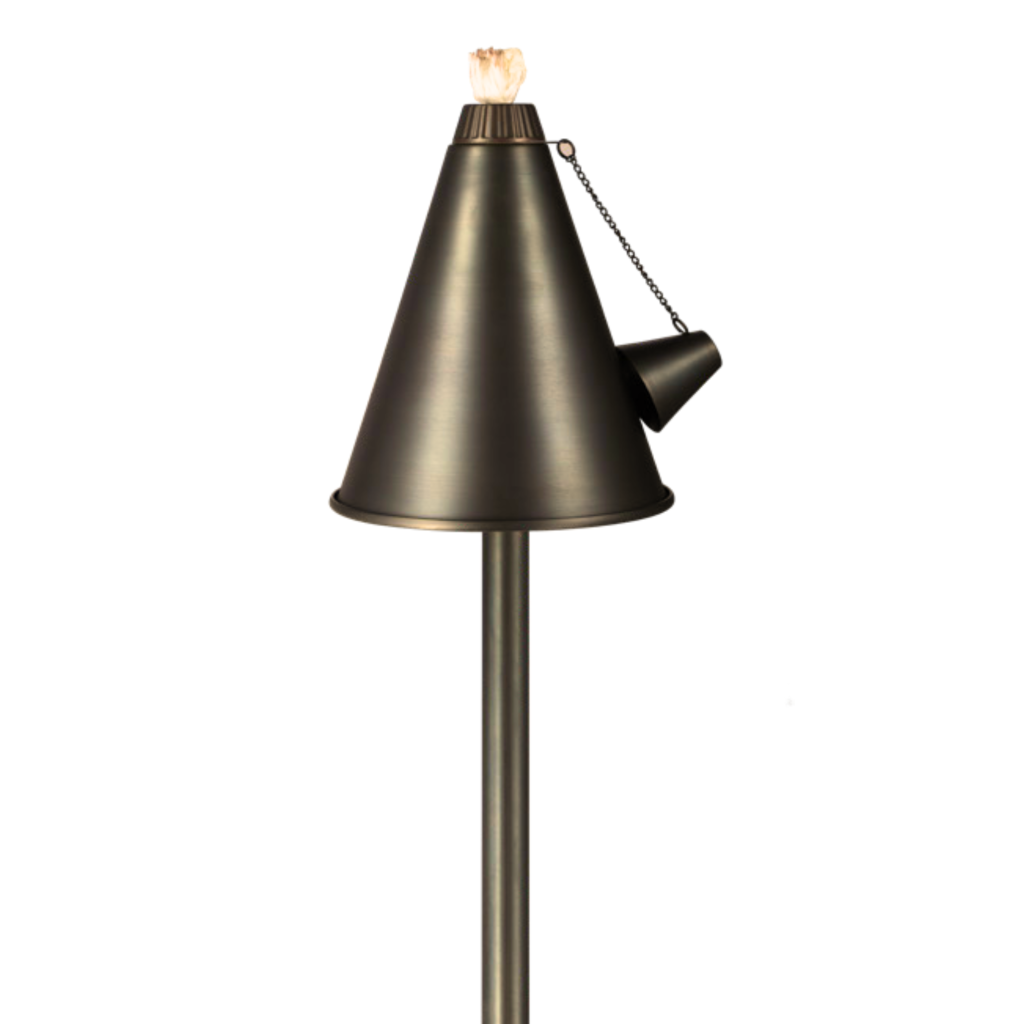
Energy Efficiency
Compared to traditional sources of light, recessed lighting are extremely energy-efficient. Most modern torch lights use LED bulbs, which consume significantly less power than incandescent or fluorescent bulbs. This means that a torch lights can provide bright, long-lasting light without draining its battery quickly. Additionally, many torch lights are designed to be rechargeable, further reducing their environmental impact.
Versatility
Torch lights are incredibly versatile and can be used in a wide range of situations. In addition to providing portable light, many torch lights also come with additional features such as adjustable beams, multiple brightness settings, and even strobe or SOS functions. This versatility makes torch lights useful for a variety of activities, from outdoor adventures to household chores.
Durability
Another advantage of torch lights is their durability. Many models are designed to be waterproof, shockproof, and resistant to extreme temperatures, making them suitable for use in tough conditions. Whether you’re camping in the rain or working in a construction site, a durable torch lights can withstand the elements and continue to provide reliable light.
Hands-Free Operation
Many torch lights come with features that allow for hands-free operation, such as adjustable straps, clips, or magnets. This makes it easy to attach a torch light to your clothing, backpack, or the surface you’re working on, leaving your hands free to perform other tasks. This can be particularly useful in situations where you need steady and reliable light while keeping your hands free, such as during home repairs or outdoor activities.
Conclusion
In conclusion, torch lights are valuable tools that can provide illumination in various situations. However, it is crucial to prioritize safety when using torch lights to prevent accidents and injuries. By adhering to the safety measures outlined in this article and following the manufacturer’s guidelines, users can ensure the safe and effective use of torch lights. Remember to choose the right torch lights for your needs, handle batteries with care, practice proper storage and maintenance, prevent overheating, avoid exposure to water, and handle the torch light securely. With these precautions in place, torch lights can be a reliable and safe source of light for a wide range of activities.
